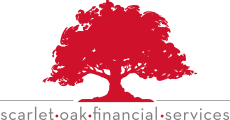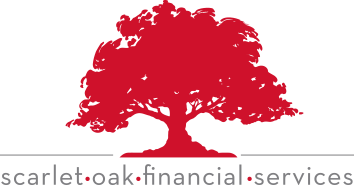There are plenty of high-tech ways to manage your money and help you track and cut spending. But if you can’t master, won’t use or are too frugal to buy the high-tech solutions, pick up a pencil and start saving and budgeting now with these low-tech options.
Write it down
We always advise our clients to track spending for several months. You can get a notebook just to record spending or write down expenses in a planner you already use.
After tracking your spending, you may realized many of your regular bills came due at the same time each month. Typically, you pay all these bills with one pay check. However, the next paycheck is sometimes free of bills. This is the paycheck to keep track of where the money goes. Most of the time, you will notice that you are spending on other (nonessential) things instead of paying back savings.
We recommend contacting your sources of regular bills, such as credit card and utility companies, to see if you can adjust due dates to make sure they are spread throughout the month.
Not ready to write it down? Save receipts
Keeping receipts also works as a backup for any purchases you forget to write down. Instead of throwing them in your pocket or purse, try carrying a small bag in your pocket for receipts and then lay them out when you gets home.
You could get a bright orange box or anything that’s prominent or noticeable and put it within the typical pathway you’re going to follow when you get home.
But you have to stay on top of it, or you’ll be overwhelmed.
“Some people put off going through the receipts until later, and it really piles up,” “Then they have three months of stuff they haven’t really dealt with, and they have to play catch-up. It gets really discouraging.”
Now, cut expenses
Some people swear by the envelope system, especially for groceries, dining out, clothes and other easily controllable expenses. You budget the amount you’ll spend in each category for the month and put that much cash in an envelope. When the money in an envelope runs out, you’re finished spending on that category. If you cheat, your not really working your savings program. It’s important to stick with what you put in the envelope. If you do, you will really see a huge difference.
Cash or not?
For some people, spending only cash helps cut expenses because handing over those bills is more tangible than writing a check or swiping a card. But for others, ready cash in the wallet is more easily spent. Maybe just use a debit card and leaves your credit cards at home for true emergencies.
The amount of cash is key. If you have $20 in your wallet and get thirsty on your walk, the temptation is to buy a bottle of water. When you have no cash, you can’t spend it. Plan ahead. The point here is not to “spontaneously spend”.
Comparison shop
To further manage your grocery spending, start a price book or spreadsheet to track prices of items you regularly buy, an idea publicized widely by Amy Dacyczyn in “The Tightwad Gazette.”
If one grocer in your area typically has lower everyday prices, use that store as a benchmark. Then when stores put items on sale, highlight the sale price. You’ll soon see patterns in how often certain items go on sale.
Try saving your receipts and writing down prices when you get home. That’s also a good time to do the math to figure cost per unit. That way, you don’t look like a grocery spy writing prices down in the store.
To get started, run a Google search for “grocery price book.” Several Web sites have free Excel spreadsheets and/or PDFs you can use to create your own system. You can list items in alphabetical order, the order you find them in your favorite store or by categories.
Living in Atlanta it’s often difficult to find the time to “save and plan”. But if you put a little time in now, you can get some pretty big results in the future. We are not talking years either. You can see results in just months. If you living in Atlanta and looking for ways to help save money, let us know, we can certainly help. Contact us and schedule an appointment.
Scarlet Oak Financial Services can be reached at 800.871.1219 or contact us here. Click here to sign up for our weekly newsletter with the latest economic news.



